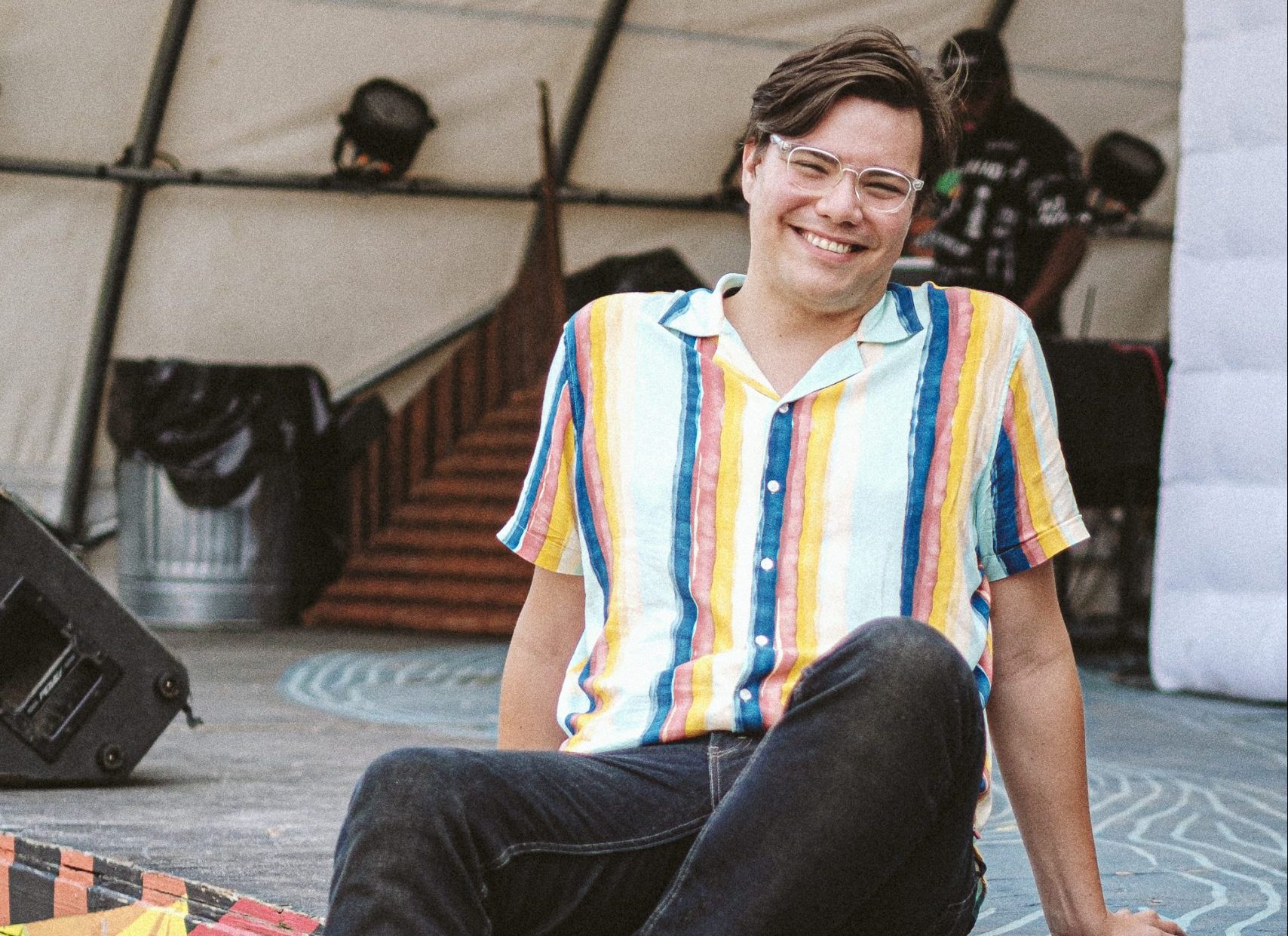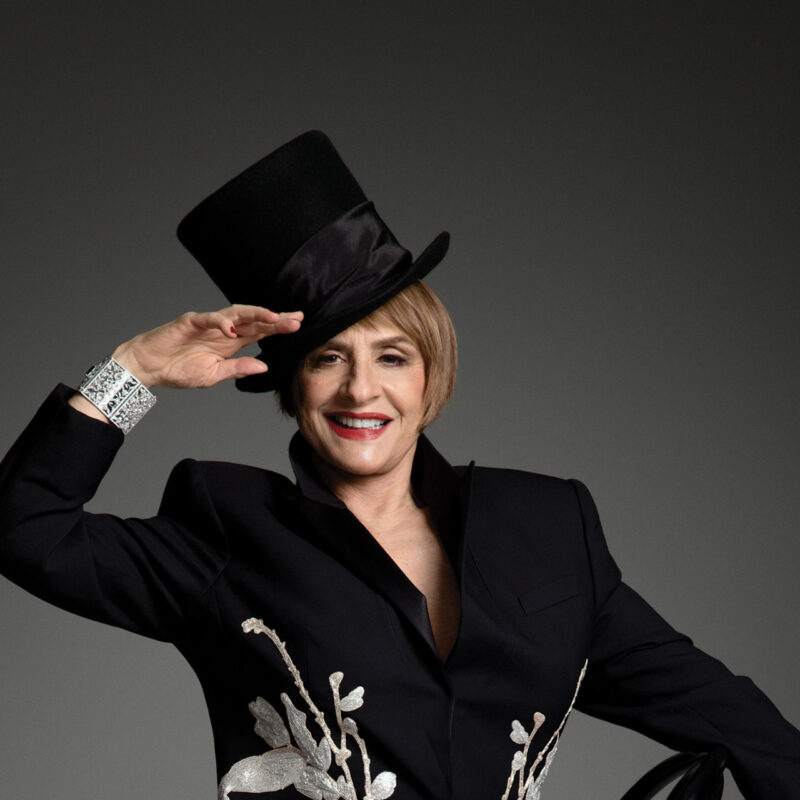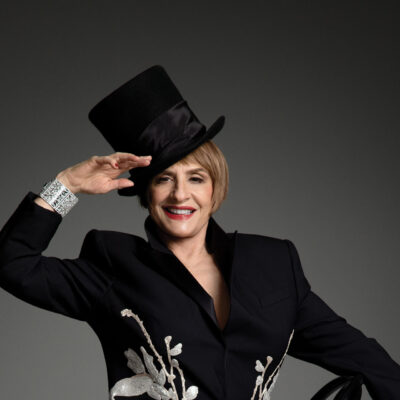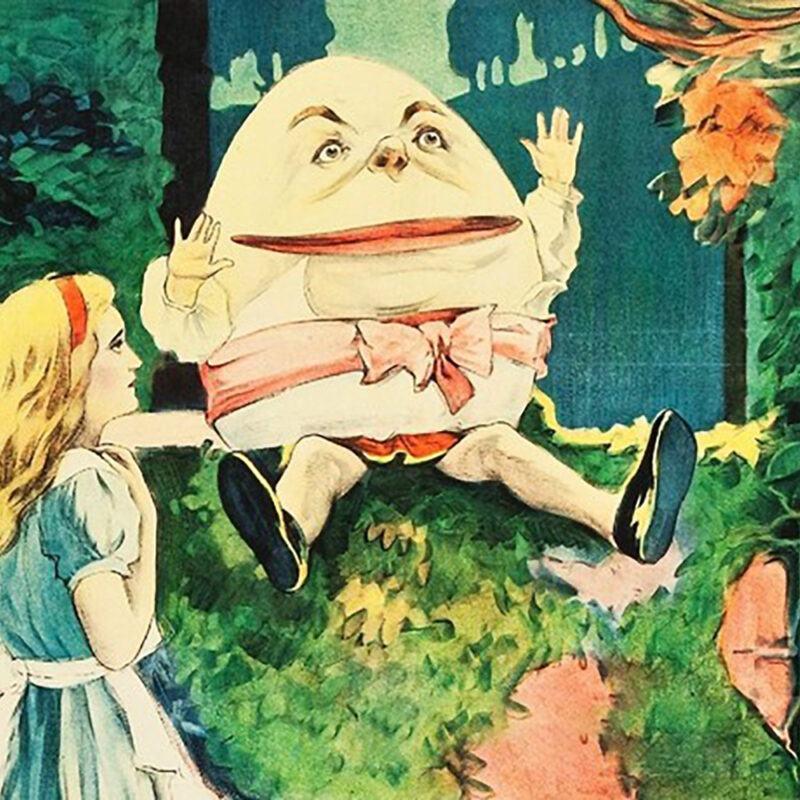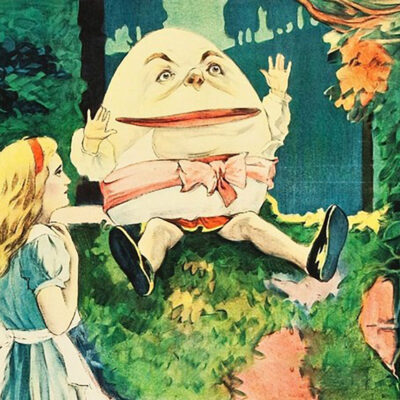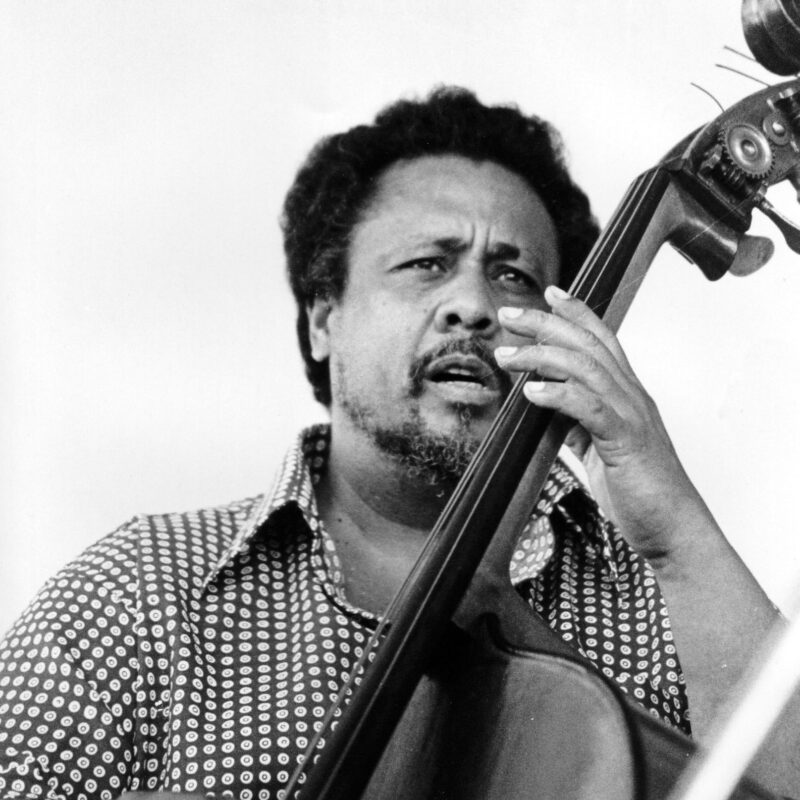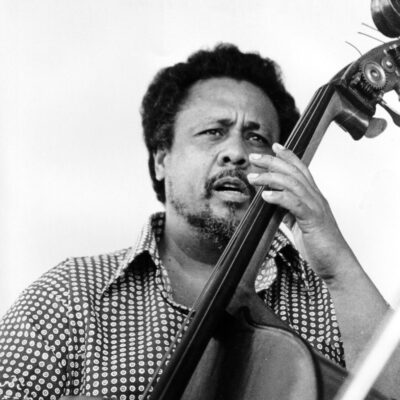It’s a pot potluck.
Yes, home growers coming to the High Arts Cannabis Festival at Ix Art Park are invited to bring one ounce of their own supply—state law says no more, but honestly, that’s kind of a lot—to exchange among themselves.
The April 23 High Arts Cannabis Festival will take place right next to The Looking Glass immersive art experience. (Cue Jon Stewart in Half Baked: Have you ever been to The Looking Glass…on weed?)
But no, organizers say the High Arts Cannabis Festival, with its dual focus on trippy art and wacky tobacky cultivation, will not be hazier than a Wiz Khalifa concert.
“We are leaning more educational than recreational,” says Alex Bryant, who in late January succeeded Susan Krischel as IX Art Park’s executive director. “It’s not like a beer festival, where you come and try all these beers.”
Smoking marijuana at the High Arts Cannabis Festival is in fact strictly prohibited, just as it is in any public place by Virginia law.
But as they’re exchanging indica, Bryant says home growers at the festival will also be in a position to exchange ideas. In addition to hosting live music, artists, and cannabis-adjacent vendors, the High Arts festival features information sessions and panels designed to heighten growers’ awareness and abilities.
The cannabis-themed gathering and exchange is the type of event that’s been going on in progressive states for years. But marijuana reform has moved at a roach’s pace in Virginia. The state legislature didn’t pass a bill allowing farmers to grow hemp until 2018. That same year, a federal mandate made cannabidiol, or CBD, a low-potency cannabis derivative, legal across the country, and CBD retail proliferated in Virginia in 2019. Former Virginia governor Ralph Northam was a vocal supporter of legalizing marijuana, but the current administration is less stoked on the matter.

By early 2019, Virginia legalized THCA, another non-psychoactive cannabinoid, and licensed dispensaries slowly began opening around the state. The commonwealth was behind 45 states to move on medical mary jane—at a time when nine states had already gone all in on recreational use and retail.
Today, Virginia home growers are allowed by law to cultivate up to four cannabis plants, given that they are not publicly visible and only for personal use. And while full-blown retail may still be several years away, local green thumbs have plenty of knowledge and experience to share, according to The Original Farmacy’s Alexander Respeto, who’s consulting on the High Arts Cannabis Festival.
So, when the Virginia legislature finally pushes recreational retail across the floor, will that horticultural know-how benefit the sativa-savoring crowd?
“I don’t know that the festival is really for the home grower to be more ready to go into commercial growing down the road, but I do think the point is to create a community among the small growers,” said Albemarle Cannabis Company’s Joe Kuhn, who’s also consulting with IX leading up to High Arts.
According to Kuhn, it’s big corporations that stand to benefit when Virginia begins licensing growers and retailers. While the relevant bills are constantly changing, fees and other regulations may keep marginalized businesses, such as hemp growers like Kuhn and the many small CBD shops that are already established in C’ville, like Skooma on the Downtown Mall, from being able to compete with big pharma in the legal weed trade.
“We understand what the government is trying to do. They want control,” Kuhn says. “But in my mind, and among like-minded people, we actually think they are moving too fast.”
According to Kuhn, some legislative provisions regarding cannabis seeds and allowed THC levels have flipped back and forth so frequently that they’re often in contradiction with themselves and federal law.
Bryant wants the High Arts Cannabis Festival to be a part of that larger regulatory conversation. While employed by the Tom Tom Foundation in 2020, he and his team worked with Virginia NORML to help pass cannabis equity legislation designed to keep small businesses from being shut out of the marijuana money conversation. “We had front-row access and could see that people that are marginalized, who could have life-changing economic boons, could be ignored [in favor of] big pharma,” he says.
Respeto joined the commercial kush biz after he finished high school. He went to southern California to visit his grandfather, whom he’d never heard much about growing up, and “lo and behold, he was the owner of the Farmacy.” Pop-pop’s smoke business was an early fixture on the Cali marijuana retail scene, Respeto says, and he knew he wanted to follow in his footsteps.
Respeto’s grandfather told him stories about going to jail for his cause and seeing countless others prosecuted in the early days of dope decriminalization. Now, 20 years later, Respeto’s own cause is what he calls “the fully integrated lifestyle.” For small growers, that means being involved with reefer on a regulatory level so they don’t get pushed out of the business—even after they’ve gained a foothold. “They come in and buy out everything,” Respeto says. “At a small level, home growers have this collective consciousness, and by building this community, we could put together a team that could fight against these big pharmacies.”
Respeto joined up with Bryant and Krischel for the High Arts Cannabis Festival after meeting through mutual acquaintances. He explained he and his California-based business partner had experience working for the Emerald Cup, the Super Bowl of pot cultivation. There, they’d learned the best ways to turn a festival otherwise focused on a recreational hallucinogen into an educational summit. The experience made Respeto a natural partner for the fest.
Dubbed by organizers a “celebration of the psychedelic arts and homegrown cannabis,” High Arts will host vendors—CBD dispensaries like Greener Things, hempers like Solar Roots Farms, seed slingers like Blue Ridge Seed, and activist groups like Grass Roots VA—as well as artists, including Emily Zampetti, Equilibrium Crystals, and Holy Mountain Glass. DJ Bristol, The Oversteppers, and Zuzu’s Hot 5 will provide live music.
“We want to highlight the role that cannabis and substances have played for artists and what that means,” Bryant says. “Some people that are coming may have only seen marijuana in D.A.R.E. It’s for people that have questions, and if they want to have a CBD gummy, we want to be a safe space for that.”
The festival has not been without its detractors. Some say prohibiting marijuana use at a festival encouraging its exchange is futile. But after his experience working on cannabis-related events with Tom Tom, Bryant says the backlash hasn’t been as heated as expected. “We’ve had nothing but a positive response,” he says. “We were anticipating some negative feedback—we got a little at Tom Tom—but I think people are coming around and saying, ‘it’s okay, you can do this safely and responsibly.”
Kuhn says he hopes the High Arts Cannabis Festival will help to continue breaking down the stigma that’s been associated with marijuana use for decades. That means he and the other festival organizers will do everything they can to make sure vendors are licensed, police officers know what to expect, events are serious-minded and truly educational, and no one smokes out.
“We’re trying to keep it more on the up and up,” Kuhn says. “There is so much misinformation. I live in these businesses, and I think all businesses involved in CBD—in order for us to get where we want and thrive—we just want to bring the conversation to curious folks to learn more about cannabis and get away from the negative connotation.”
Of course, there’s nothing in state legislation that says attendees can’t consume a reasonable amount of cannabis before they attend the High Arts Cannabis Festival.
“If I’m being honest, there is definitely a chance for people, especially at The Looking Glass, to step back and see how art combines with the collective consciousness we’re trying to build,” Respeto says.
